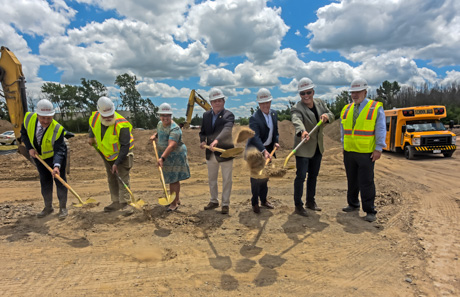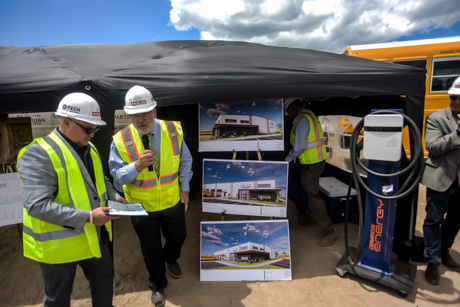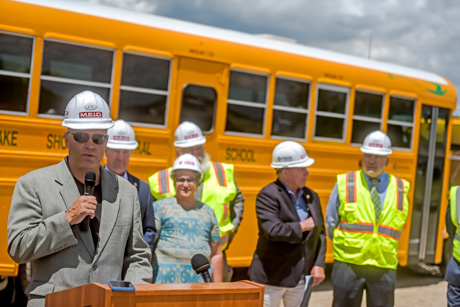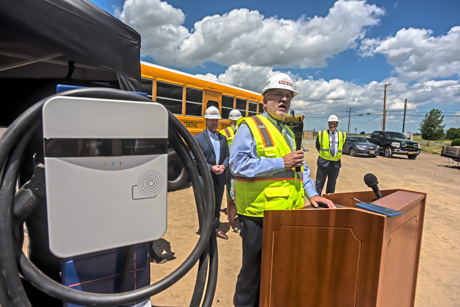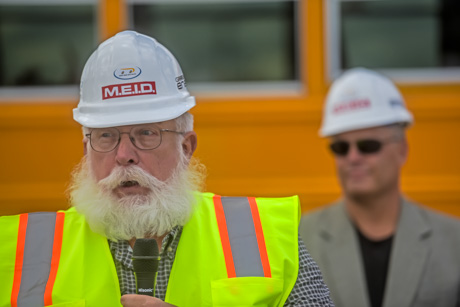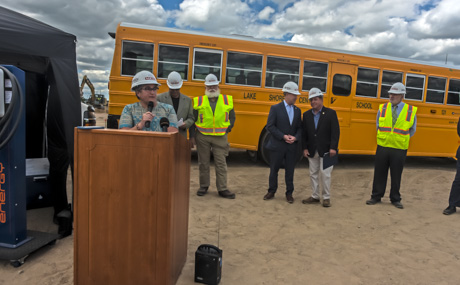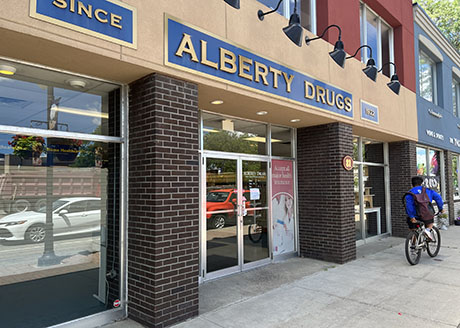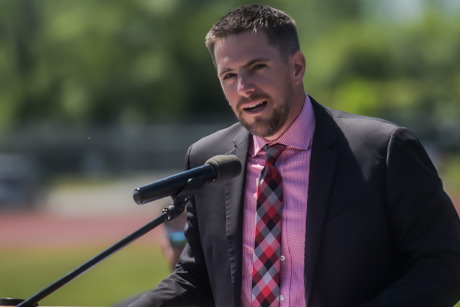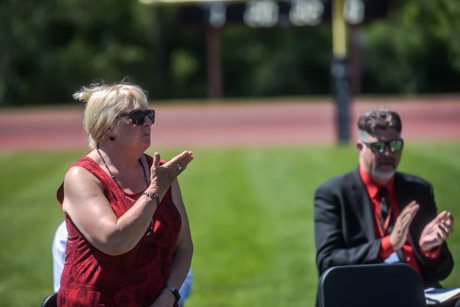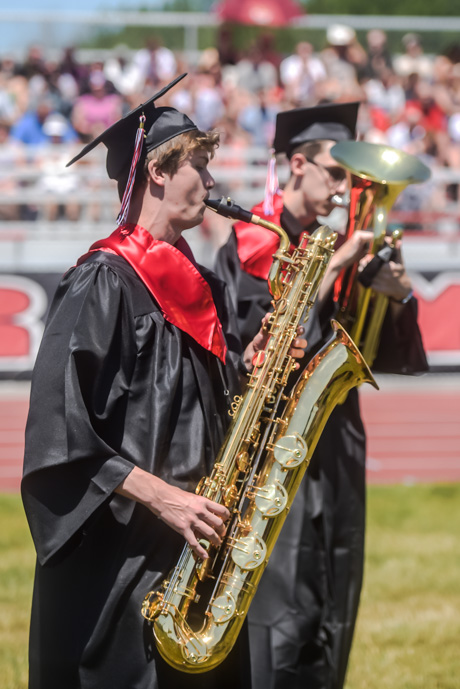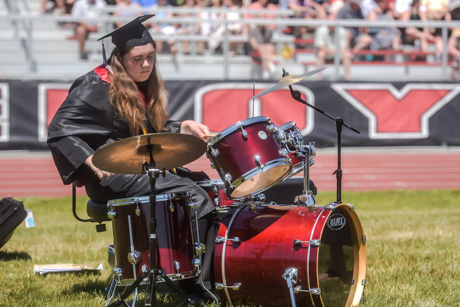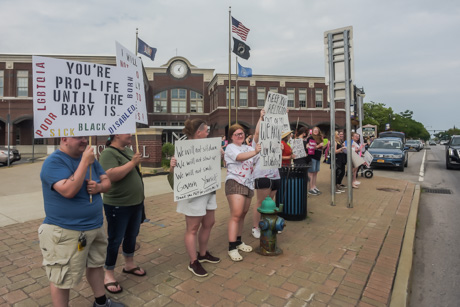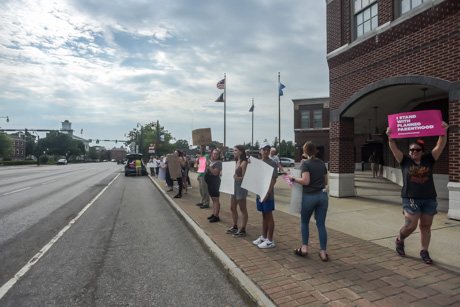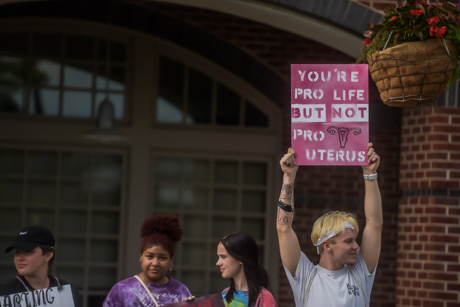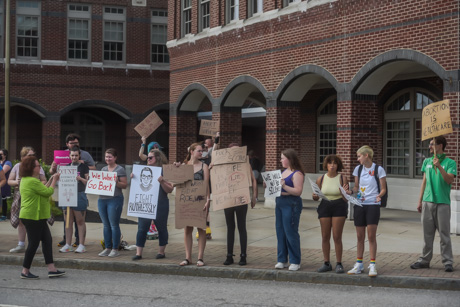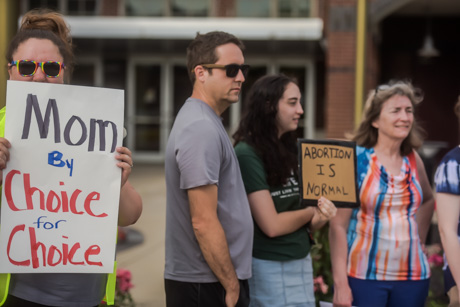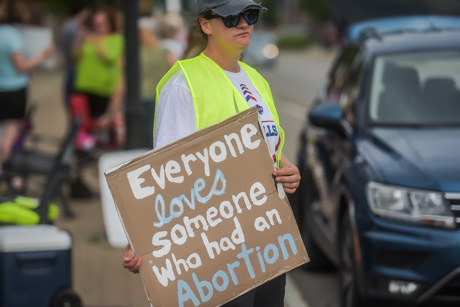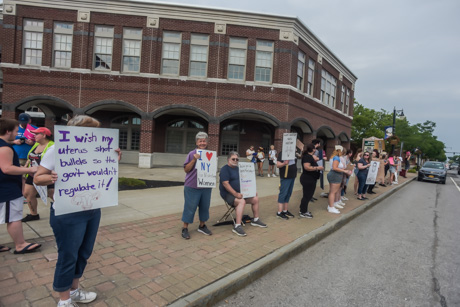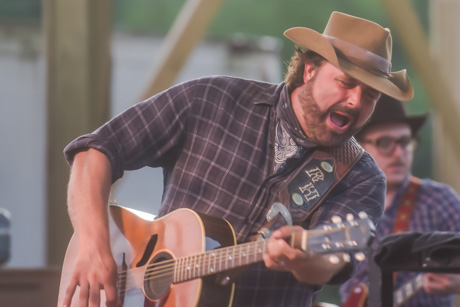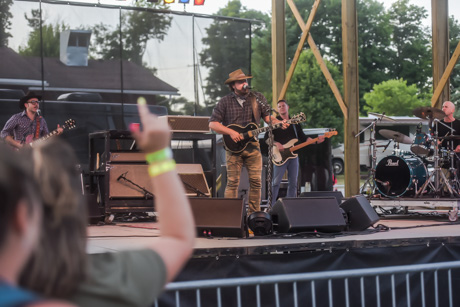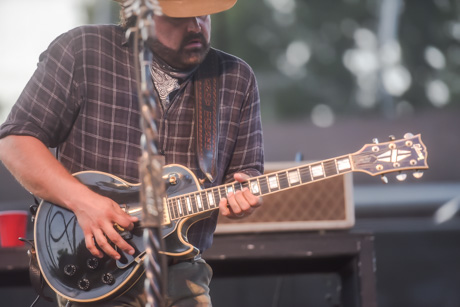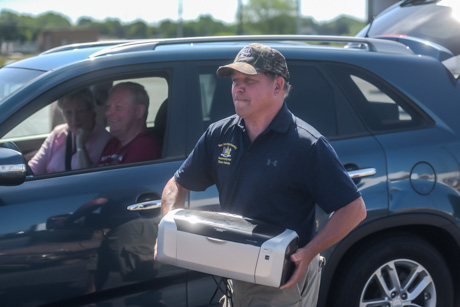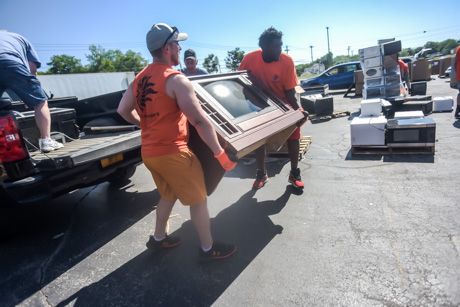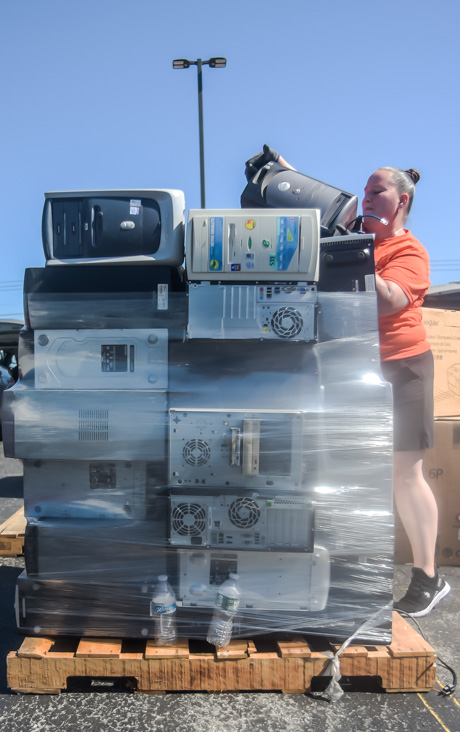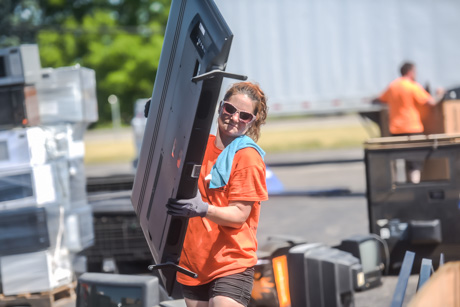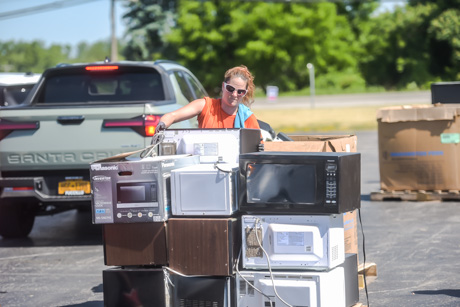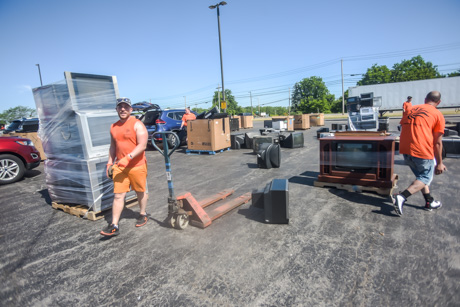Schumer announces legislation that extends free student meals for summer
Press release:
U.S. Senate Majority Leader Charles E. Schumer today announced the bipartisan Keep Kids Fed Act has officially been signed into law. The bill extends child nutrition waivers that give essential funding and flexibility to schools, daycares, nonprofits and other meal providers enabling them to continue providing free meals to students this summer. Schumer explained Congress originally authorized the child nutrition waivers at the height of the pandemic to give school food programs the flexibility needed to feed as many students as possible, but the waivers were set to expire on June 30th, putting many school districts’ summer meal programs at risk at a time when kids often face the greatest food insecurity. Now thanks to this new legislation the waivers will be able to continue, ensuring an estimated 800,000 New York students receive healthy nutritious meals throughout the summer.
“No child should ever go hungry, and now schools will have the funding and flexibility needed to ensure kids stay healthy and fed this summer. Over 800,000 New York students and millions of children across the country depend on these waivers for daily meals, and this bill gives our schools the support they need to continue to provide free nutritious meals and the flexibility they need to operate amidst the ongoing supply chain challenges,” said Senator Schumer. “Summer is often the time of year when food insecurity is highest for children and this support comes just in the nick of time. I am proud to have led the Senate to ensure these waivers could continue curbing childhood hunger and giving our families the peace of mind they need to not worry about where their kids’ next meal is coming from this summer.”
Schumer explained that in 2020, at the height of the pandemic, Congress authorized the United States Department of Agriculture (USDA) to waive various school meal program requirements for school districts and increase reimbursement rates so that schools and meal program operators could continue to feed children. This allowed school districts across New York to make sure students got meals all year long, including during the summer and bolster food programs for those who need it most without having to worry about additional hits to their already strained school district budgets.
These critical child nutrition waivers, however, were set to expire this week on June 30, 2022. A recent USDA survey showed that 90% of school districts food programs are depending on these waivers to offer free meals, with 92% experiencing supply chain issues and a quarter experiencing staffing challenges for their nutrition programs.
The fully paid for Keep Kids Fed Act, which has now passed the Senate and has been signed into law by President Biden was first introduced by Senator Stabenow (D-MI) and Senator Boozman (R-AR) and will now extend many of the flexibilities enacted during COVID over the summer, enabling schools to continue to feed students and provide schools increased support to address food insecurity and the ongoing supply chain disruptions facing nutrition programs.
Specifically, Schumer said the bill will:
·Extend flexibilities for summer meals in 2022 which will make it easier to feed all students, especially students in rural areas, during the summer months through options like meal delivery and grab-and-go.· Increase the reimbursement rate for school lunch and school breakfast to help offset the increased cost of food and operating expenses. Schools will receive an additional 40 cents for each lunch and 15 cents for each breakfast served.
· Help daycares and home providers in the Child and Adult Care Food Program offset increased costs by providing an additional 10 cents per meal or snack.
· Extend some of the administrative and paperwork flexibilities for schools through the 2022-23 school year to help schools streamline their meal operations and operate amidst supply chain disruptions




